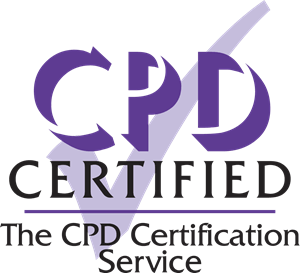You have no items in your shopping basket.
Mon - Fri 9AM - 5PM
024 7610 0090
Price:
£12.50 + VAT
Level:
Level 3 (Advanced)
Duration:
180 Minutes
Method:
Fully online 24/7 via ComplyPlus™ LMS
Platform:
Desktop, Laptop, Mobile,Tablet
Course access expiry:
365 days
Certificate validity:
3 years - CPD-accredited, instant digital certificate on completion
Last audited:
12 August 2025
End of course assessment

Certification

Course accreditation


Yes. This level 3 safeguarding adults online course is specifically designed for those with leadership or supervisory responsibilities in safeguarding, including named and designated professionals. It equips you to guide colleagues, review safeguarding plans, and ensure best practice across your team.
Yes, absolutely. This safeguarding adults course covers how to contribute effectively to multi-agency safeguarding meetings, present evidence, share information lawfully, and document decisions to support robust safeguarding outcomes.
Yes. This online safeguarding adults course explores balancing autonomy, consent, and public interest when different professionals or agencies have conflicting perspectives.
After purchasing a course, you’ll receive an email with your login details and a platform access link to ComplyPlus™ LMS (optimised for Google Chrome). Your email address will serve as your fixed username. To avoid access issues, ensure your purchase information is accurate and up to date.
Your login details are emailed automatically right after purchase. Please check your Spam or Junk folder, as some email providers (like Google or Yahoo) may direct them there.
Once you have successfully completed the end-of-course assessment with a passing score, your certificate will be made available online on ComplyPlus™ LMS . It is issued in a quality-assured PDF format and can be downloaded directly from the platform.
Once available, you can:
• Download the certificate directly to your device
• Save a digital copy for your records
• Print a physical copy if needed.
No physical copy will be mailed, as all certificates are issued electronically for convenience and instant access.
Learners are not allowed to change their names directly in the LMS. This is to ensure that the name reflected on the certificate belongs to the actual individual who completed the course and to prevent the risk of name forgery or transferring certificates to others.
If you need to request a name change, please contact our Support Team by submitting your concern through this form. Kindly include a clear reason for the change and any supporting documentation required for verification.
Yes, we offer competitive volume discounts for organisations enrolling multiple candidates in any of our online training courses. To view our current volume discount options, click here.
Need Help? Contact our support team via Live Chat for quicker assistance or email info@mandatorytraining.co.uk